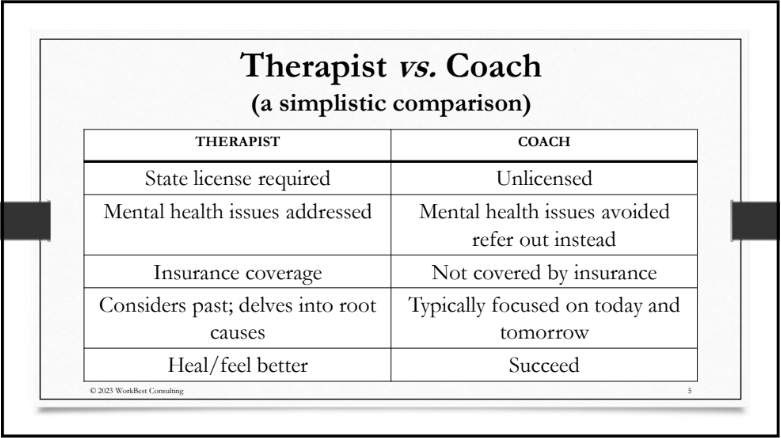
Understanding the nuanced distinctions between coaching and counseling is critical for anyone seeking to enhance their mental and emotional well-being. Counseling, often rooted in psychological principles, focuses on addressing and healing from past traumas and issues. It aims to improve emotional resilience, offering strategies for coping with life’s challenges, thereby promoting emotional stability and healing. This process involves deep introspection and the therapeutic resolution of deep-seated emotional difficulties, facilitating a path toward emotional recovery.
On the other hand, coaching adopts a more proactive and forward-looking approach. It is particularly suited for individuals who, feeling stable in their emotional health, aspire to personal and professional growth. Coaching emphasizes setting clear, achievable goals and developing actionable strategies to accomplish these objectives. It encourages accountability, motivation, and the cultivation of personal strengths, targeting the realization of an individual’s potential and the achievement of their aspirations.
Both paths offer valuable support but cater to different needs and stages of an individual’s journey. By understanding whether one’s immediate needs are to heal from the past or to build towards the future, individuals can choose the most appropriate type of guidance. This informed decision-making ensures that each person receives tailored support that aligns with their unique journey towards holistic personal growth, emotional well-being, and the achievement of life goals.
Incorporating this knowledge into one’s choice between counseling and coaching can profoundly impact their effectiveness in navigating life’s complexities. It empowers individuals to take control of their personal development, whether by overcoming past adversities or by paving the way for future successes, thus ensuring a more fulfilling and balanced life.

